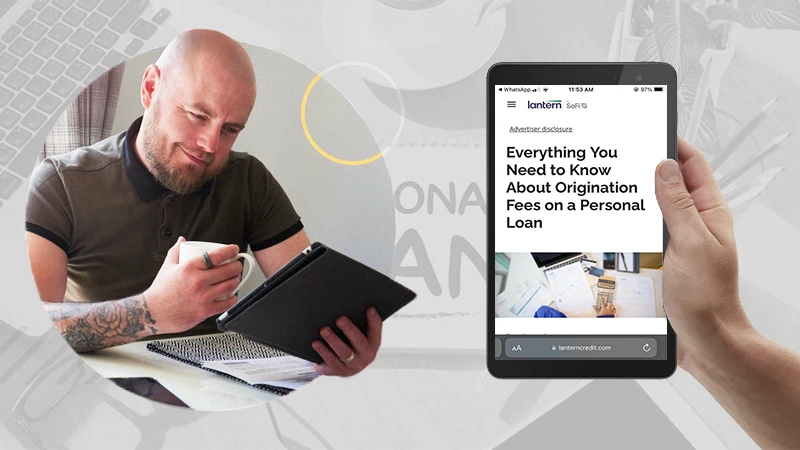6 Things to Avoid While Applying for a Home Loan
Nowadays, most banks heavily promote home loans and lower interest rates. But while applying things are a lot more complex and difficult than the way they are shown, in the advertisements.
Banks are wanting you to take more and more loans. But the thing is, in most cases, if you do not do everything right, you will end up being charged a higher interest rate, or worse, your mortgage application gets rejected.
See, it is definitely not easy but with proper financial guidance, you will be able to get a home loan at a very healthy interest rate as well.
You will get the path by loan to Document Your Home Ownership Process easily.
That being said, below, I’ve enlisted a set of mistakes that people often commit while applying for a home loan, only to put their chances in more jeopardy. I certainly don’t want that for you, so read carefully.
1. A Poor Debt-to-Income Ratio
One mistake that most homebuyers make is that they rack up debt before applying for a mortgage.
This puts off your debt-to-income ratio, meaning the amount of debt you are paying off each month in comparison to your income will be higher. It is one major factor that bankers will definitely dig into before approving the loan.
If you are already having to pay a huge sum, somewhere around 43% of your current income, you will only have to pay more after your home loan. Then, the bankers will consider you a risky borrower and further boost your interest charges.
2. Not Checking Your Credit Score
One of the major factors that say a lot about your creditworthiness is your credit score. It will also be considered by the bankers for the approval of your home loan.
Bankers need to know how likely they are to make payments in the future. So, as soon as you file your application for your home loan, your credit score is one of the first things they will look into. Before they do that, it will be wise if you check your credit score and make sure it is healthy.
Also, Read: 25 Ways to Earn Money on Social Media Instead of Getting Loans
3. Not Paying Back Debts, on Time
In the last point, I mentioned how important it is for you to maintain a healthy credit score. But, how can you ensure that? Well, one of the simplest techniques to do so is to make your payments timely.
This is not what most people find easy. Missing bill payment deadlines or defaulting your installments reflects upon your poor credit history. It gives them an idea of the fact that you may not pay your bills timely.
4. Maxing Out Credit Cards and a Poor Credit Utilization Ratio
If you possess a credit card doesn’t mean that you always need to max out it to the limits. It doesn’t reflect positive credit behavior.
But if that is the case in your daily lives, you can work towards increasing your credit limit. Your credit utilization ratio is the ratio of the amount of money you have used, depending on your credit line.
Plus, if you reach the limits every time, there’s a high possibility that you may default it in crisis months which the bankers may not appreciate.
5. Closing Down Your Credit Card
If from our previous point, you concluded that you need to close your credit card account, think again. Closing your credit card account might be wise in some cases, but it won’t do you any good, in the case of a mortgage.
If you do so, it will instead reduce your level of available credit, causing your credit to debt ratio to skyrocket. A big red flag.
6. Switching Careers and Jobs
Your present job determines a lot of things like how easily and regularly you will be able to make payments and installments for your mortgage.
Switching jobs or careers for a loan indicates instability. It also indicates that you can even stay unemployed, for time being.
You are taking a big step towards a very bright future, and while keeping these few things in mind, I hope you successfully get a mortgage for your new home!me!
Also, Read: Remote Working Post-Pandemic: A Guide for the Career-Driven
Enhancing Business Finance: The Power of Tax Relief…
How Can Families Save More Without Compromising Their…
Emerging Markets and Tech-Driven Growth: Investing in the…
The Future of Finance: Exploring Emerging Technologies and…
Earning Passive Income with Liquidity Pools
Best Practices for Developing an Account Planning Strategy
Dive Into the Oil Profits by Investing in…
Binary Options in Japan: How Bubinga Stands Out
From Whiskey to Watches: The Fascinating Realm of…
Simplifying Borrowing for Your New LLC: Financing Solutions…
Paying Off Personal Loans Early: Pros and Cons…












